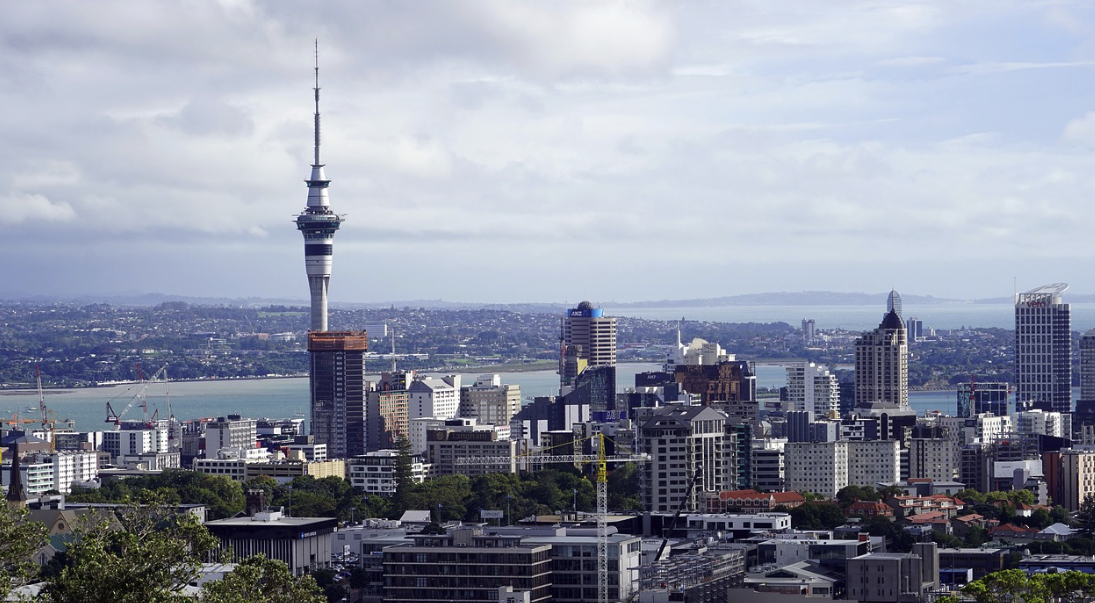
Source: Pixabay
In recent months, the New Zealand government has proposed plans to create more regulations for its online casino industry. This advancement will put the nation in line with states such as New Jersey, which have been market leaders in the USA when it comes to online gambling laws.
With New Zealanders currently able to sign up with offshore online casinos, the regulations will require operators to be approved by the government. This will ensure greater safety, products, and promotions to players. To discuss how the NZ iGaming industry is following New Jersey’s approach, CasinoAlpha CEO Tudor Turiceanu has answered some of our most burning questions.
As a law school graduate with over 14 years of experience in the gambling industry, Tudor Turiceanu is an expert in international gambling legislation. As the Chief Editor of CasinoAlpha New Zealand, Turiceanu recommends locals navigate the crowded marketplace by only registering with online casinos licensed by “high-reputation authorities that enforce fair gaming and player funds’ protection.”
“We prioritize the Malta Gaming Authority (MGA) and the UK Gambling Commission (UKGC) seal of approval,” Turiceanu says. It’s also important that the websites are “regularly audited by independent agencies like eCOGRA or iTech Labs. Through these audits, we verify that the games provide true random outcomes, guaranteeing that all players have a fair chance of winning.”
Once these are verified, Turiceanu and his team verify that the sites have a broad variety of high-payout games. The top casinos “feature many high RTP games, which leads to a high overall casino RTP, meaning you get better chances of winning.” Other important details are the available payment methods, the quality of promotions, and the mobile functionality.
In July 2024, the New Zealand government unveiled plans to regulate the local casino market. This is expected to be complete by the end of 2026, with lawmakers estimating more than $500 million in revenues annually. The efforts are set to minimize harm, generate tax revenue, and ensure more fairness for customers.
As it stands, the regulations would limit the number of license holders and ensure websites don’t offer casino gaming alongside sports betting and lottery sales. With online casino revenues in New Jersey generating nearly $200 million per month, the state has set a great example of how New Zealand can approach its newly regulated market.
“New Jersey was one of the first states to legalize online casino gambling in the USA, and it has been a leader in regards to taxation and consumer safety laws,” Turiceanu says. “For online casinos to be licensed in the state, operators must partner with brick-and-mortar casinos in Atlantic City.”

Source: Pixabay
“It’s likely that New Zealand will give preference to its six land-based casinos to establish online casino operations, including major player Sky City.” This approach is seen to be beneficial to the local economy, helps with regulatory oversight, and capitalizes on consumer awareness of the brands to drive awareness.
Another benefit of this is that the land-based casinos and online operations can have a shared rewards scheme. This cross-platform promotional scheme is offered at New Jersey’s BetMGM platform, the licensed online gambling product of Atlantic City’s Borgata Casino.
While more details of the regulations will likely not be announced until late 2025, New Zealand will surely look to major gambling economies such as New Jersey for guidance. As the process progresses, Tudor Turiceanu’s team at CasinoAlpha will continue to provide unbiased and transparent analysis of the NZ iGaming market.